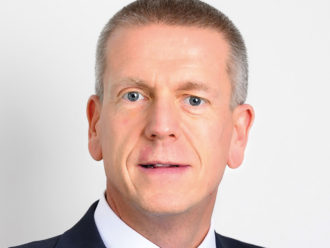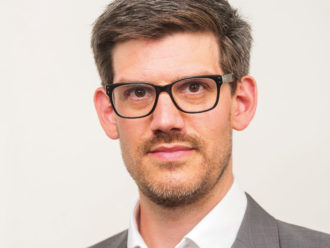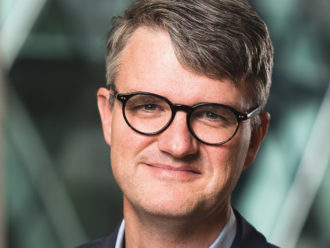So are you excited about frontier markets? We keep hearing about the ‘Next 11’, which are supposed to be the new BRICs
BRICS was a complete sham. I don’t go in for any of these things – BRICs, MIST, the Next 11 – it’s impossible to group these countries together like that. Right now I’m very bullish on North Korea, but what can you do with North Korea? The kid (Kim Jong-un) is not North Korean, he grew up in Switzerland – in Zurich, in fact. It’s very exciting what’s happening there right now. It’s where China was in 1980-81. There are 15 free trade zones now and you can even take bicycle tours there. If his father was alive he’d probably shoot the kid for some of the changes he’s introduced. It’s very exciting.
But what about the reports of mass starvation in the 1990s and humanitarian issues there?
First of all most propaganda is false, especially if it comes from America or Japan. I don’t know if the reports are true or not and what happened 20 years ago may have been horrible, but I do know that change is taking place now. What happened in Germany in 1942 was horrible; does that mean I shouldn’t have invested in Germany in 1962? Of course not. Things change. I would suspect you will see the unification of North and South Korea soon, within a few years. Korea at that point will become one of the most exciting countries in the world. You have 75 million people on the Chinese border, lots of cheap, educated and disciplined labour in the north and lots of natural resources, cash and management ability in the south. The Japanese are very much against unification because they won’t be able to compete and they know it. That’s why so much bad propaganda comes out of Japan about North Korea. In my view it’s going to happen.
So how can you act on that as an investor?
The only way I’m going to invest in North Korea – and I can’t really do much of it – is this (Rogers pulls out a North Korean silver coin). They’re hard to come by these days – partly because I bought up so many of them! I can’t give it to you otherwise you’d be branded a criminal.
Did you smuggle it out? I didn’t smuggle it out, but I bought it from a smuggler.
Is the popularity of passive investment creating opportunities for active managers?
Yes. There are now stocks that are not in ETFs that must be sitting there because nobody is paying them any attention. There has got to be some of the great opportunities of our time out there. My problem is I’m lazy, I don’t have time to look for them, but that has got to be some of the easiest money in the world right now. So many people simply buy ETFs or buy the index, but, if you had the time or took the initiative, did the research and bought those stocks it would be easy pickings. There has to be stocks not in the index because they’ve either fallen out of favour or are too young, but the minute they go into the index they go through the roof.
What final advice would you give our readers?
You should be knowledgeable. Once you’re knowledgeble you’re going to be worried about what’s happening in the world and once you’re worried you might get prepared. I want to repeat though: don’t listen to me, listen to yourself. You must only invest in what you know. Farmland is probably a good investment in most of the world because it’s been such a disaster for so long, but again, find out for yourself, don’t listen to me.



